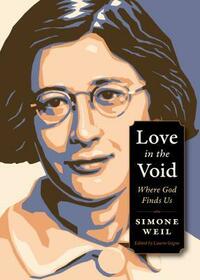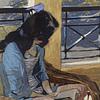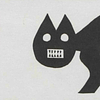Take a photo of a barcode or cover
emotional
reflective
I liked it, but I definitely disagreed on a lot. Poetic, as many have already said, fascinating take on the world. Simone Weil is also a fascinating person.
Weil delivers a profound and precise relationship with the grace of all that’s divine. Worth reading again and again, I expect it to reveal more with each encounter.
challenging
dark
mysterious
reflective
slow-paced
A well balanced asceticism that makes you wonder, am I looking in the direction of God or back at the world? What fills the corners of my thoughts?
I really loved this book. It definitely helped to get an idea or perspective of who Simone Weil was and what she believed, even though at times I thought, what are you talking about, or no...I don't think that's what that means... I agreed with so much of what she said and I was able to make amends for what I didn't understand or disagreed with due to the fact that she's French and this was in the 30s/40s, when taking that into consideration it makes a lot of sense. Also to the fact that, so much of her thought process or beliefs are in direct relationship with her experience. And when she says things so profound and true, she nails it on the head. There were so many moments where I thought, YES! Possibly equal to the moments of my confusion.
Anyway, I think this is a great book if you've been curious about who she is and her work. This is my second Plough Spiritual Guides publications and I think they are brilliant. What I got out of this small work is how she sees the Cross as not only the access and reality of Truth, the only truth but also the only access to real love and beauty.
Anyway, I think this is a great book if you've been curious about who she is and her work. This is my second Plough Spiritual Guides publications and I think they are brilliant. What I got out of this small work is how she sees the Cross as not only the access and reality of Truth, the only truth but also the only access to real love and beauty.
hopeful
mysterious
reflective
Common visually impaired person L... I grabbed this book after seeing the title "Love in the Void." Did not read "Where God Finds Us" written in a smaller font beneath it. Another day in the life.
Decent read but I'm not into the Christian mysticism stuff. My apologies to Simone Weil.
Decent read but I'm not into the Christian mysticism stuff. My apologies to Simone Weil.






